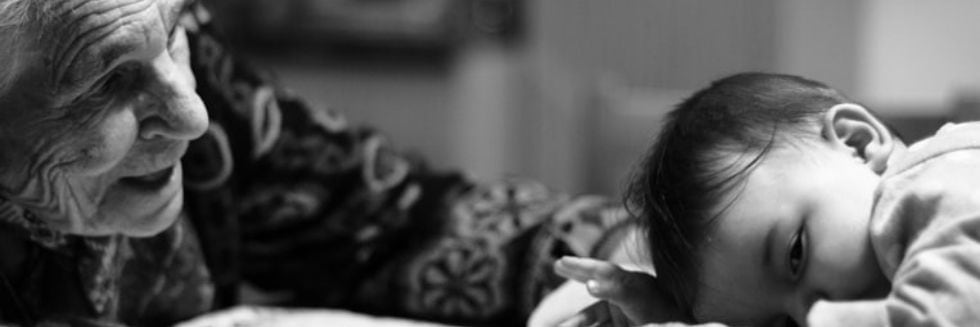Kerala High Court recently noted that a Muslim man refusing to perform the marital obligations with the first wife after performing the second marriage is a good ground for divorce. The Quran insists on equal treatment of wives, the court said.
“The refusal to cohabit and perform the marital obligations with the previous wife is tantamount to the violation of the Quranic injunctions which commands equal treatment of the wives if the husband contracts more than one marriage. In such circumstances, we have no hesitation to hold that the appellant-wife is entitled to get a decree of divorce on that ground also,” noted the High Court bench.
The bench comprising Justice A Muhammad Mushtaq and Justice Sofie Thomas noted, “If there exists a marriage with another lady during the subsistence of the previous marriage, the burden is on the husband to prove that he had treated both wives equitably in accordance with the injunctions of Quran.”
Kerala High Court was hearing a plea filed by a Muslim woman challenging a Family Court order which denied her a divorce decree.
The petitioner and the respondent got married in 1991. They had three children out of their wedlock. The man contracted another marriage abroad.
The petitioner had sought divorce referring to Section 2(ii), 2(iv) and 2(viii) of the Dissolution of Muslim Marriages Act, 1939. The petition had also referred to Section 2(viii) (f) of the Act.
As per Section 2 (ii) of Dissolution of Muslim Marriages Act, the wife is entitled to a divorce if the husband has neglected or failed to provide for her maintenance for a period of two years.
Taking note of the records and Trial Court’s findings, the court found that it is clear that the husband had provided maintenance to the wife while he was abroad.
Section 2(iv) states that she is entitled to a divorce if the husband has failed to perform, without reasonable cause, his marital obligations for a period of three years.
The appellant-wife submitted that the husband had stopped visiting her from 21 February 2014. However, the respondent claimed that he was forced to remarry as the wife failed to cooperate with him on his physical needs.
“We are not persuaded to believe the version of the respondent in this regard. Three children were born in wedlock. Two of them got married. Absolutely, there was no evidence to show that the respondent was willing to cohabit with the appellant. That means, he failed to perform the marital obligations. The petition for divorce was filed in the year 2019. They were living separately at least for a period of five years prior to filing this petition. In such circumstances, we are of the view that the appellant made out a ground for divorce under Section 2(iv) of the Act,” noted the court.
The High Court bench noted that the Family Court carried on an assumption that providing maintenance would be sufficient to prove that the husband performed marital obligations. The bench considered that finding erroneous and noted that it doesn’t stand the scrutiny of law.
Section 2(viii) (a) and (f) states, “the husband treats her with cruelty, that is to say- (a) habitually assaults her or makes her life miserable by cruelty of conduct even if such conduct does not amount to physical ill-treatment, or (f) if he has more wives than one, does not treat her equitably in accordance with the injunctions of the Quran.”
Taking note of the fact that there was no cohabitation in the past five years, the case of mental or physical cruelty cannot be justified in the context of the Act.
The court noted that the respondent had not denied the averments regarding second marriage. It also found that staying away from the first wife for five years itself would show that the husband had not treated the wife unequally. The bench, therefore, found that the respondent-husband had no case that he lived with the appellant after 2014.
Considering the fact that refusal to cohabit and perform marital obligations is tantamount to the violation of Quranic injunctions, the bench found it a fit case for divorce to be granted and allowed the wife’s appeal.






